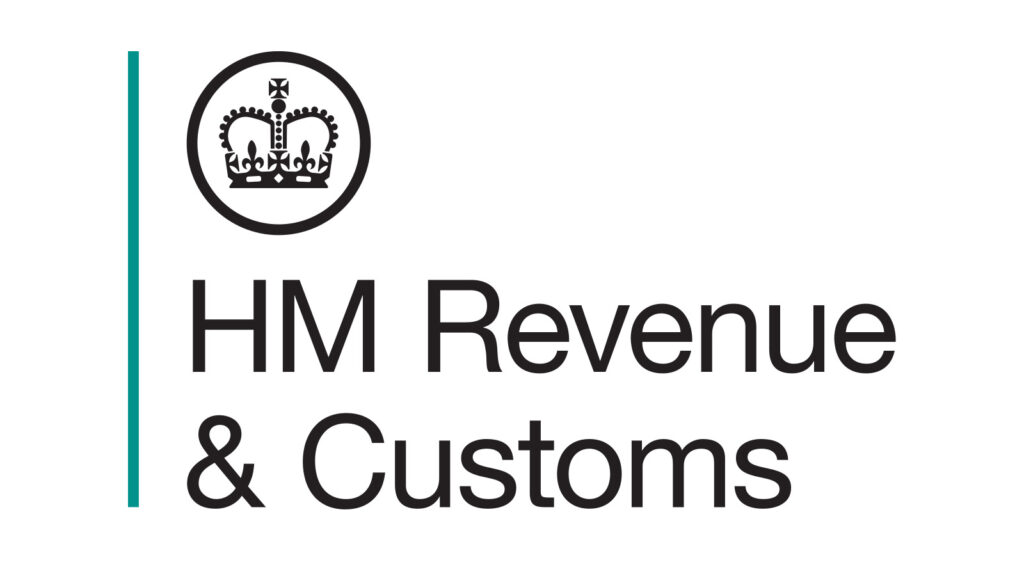-
By juan
- In Uncategorized
How Setting up a Business in the UK
How Setting up a Business in the UK is a common question among many entrepreneurs.
There are frequent doubts about the types of company in the UK or the tax system for businesses in the UK.
The basic principles of company formation in the UK are quite similar to those in other European countries.
For this reason, understanding the concepts that underpin trade regulations in England is not complex.
This article covers the key aspects to consider when setting up a business in the UK.

Contents
1 Types of Company in the UK
2 Company Formation in the UK Process
3 The Importance of Consultancy Services in the UK when Starting a Business
4 Conclusion on how setting up a business in the UK
1 Types of Company in the UK
When a foreign investor or entrepreneur considers starting a business in England, it is essential to understand the different types of legal forms available.
Sole Trader. The simplest and most common form for individual businesses in the UK. The individual is fully responsible for all debts and obligations, and there are no complex legal structures required.
Private Limited Company, LTD Company. A popular option for both domestic and foreign entrepreneurs. It offers limited liability protection, where the owners’ responsibility is limited to their investment in the company.
Public Limited Company (PLC). Designed for larger businesses aiming to raise capital through the stock market. This type requires a minimum share capital and complies with stringent reporting and auditing standards.
Limited Liability Partnership (LLP): Combines features of partnerships and limited companies. Partners have limited liability, protecting personal assets, and the business is run by partners as in a traditional partnership, but with more formal structure and legal obligations.
2 Company Formation in the UK Process
The process of company formation in the UK is relatively straightforward and efficient, especially compared to other countries.
It involves the following steps:
1 Choose the company name
It must be unique and cannot be the same as any other registered company in the UK.
Additionally, the name must adhere to certain restrictions, such as not including offensive terms or implying government associations without authorization.
2 Register the company in the UK
This process is carried out at Companies House and can be done online. The basic documentation that needs to be submitted includes:
- Memorandum of Association, which is a statement confirming the intention of setting up a business in the UK.
- Articles of Association, which set out the company’s internal rules and regulations.
- Form IN01, which provides details about the company’s directors, shareholders, and registered office address.
3 Obtain the Unique Taxpayer Reference (UTR)
After the company is registered, HM Revenue and Customs (HMRC) assigns a tax identification number to the new business for filing taxes in the UK.

4 Register the company for VAT (Value Added Tax)
This is only required if the company’s annual turnover exceeds £90,000.
5 Opening a business bank account in the UK
Although not mandatory, it is highly recommended to keep the company’s finances separate.
A popular option is the Revolut bank account.
3 The Importance of Consultancy Services in the UK when Starting a Business
Having a consultancy servicies in the UK is not a mandatory step, but in practice, it proves to be essential.
While the UK’s legislative framework shares many similarities with that of other European countries, there are key differences that must be understood.
Moreover, consultancy services for setting up a business in the UK are cost-effective and do not impose a significant financial burden.
4 Conclusion on Setting up a Business in the UK
As you have seen, company formation in the UK is relatively straightforward, and the requirements are not overly demanding.
You simply need to choose among the types of company in the UK that best suit your objectives and carry out a series of formalities to launch your business effectively.
However, it is essential to understand the fiscal, legal, and commercial implications before starting a business in England.
For this reason, to achieve your goal in the most efficient way, it is highly advisable to work with a consultancy based in the UK.